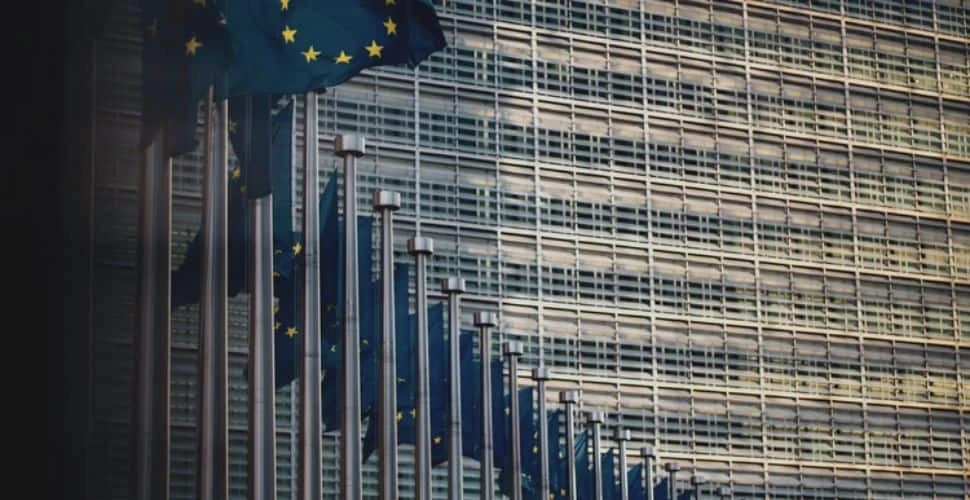The European Commission released its proposal for a ban on products made with forced labor on September 14. The proposal comes after the news that 27.6 million people were engaged in forced labor in 2021, according to estimates from the International Labour Organization, Walk Free and the International Organization for Migration.
What does the E.U. Commission propose for the ban?
The proposal is broad in scope, which Freedom United welcomes. The ban would cover all products, including those made in the E.U. for domestic consumption and exportation. It would cover products from all industries and regions, which is crucial, because forced labor is found globally and in a range of sectors.
National authorities would be expected to establish if forced labor has been used in the making of a product. After an investigation, the relevant agencies would then be empowered to withdraw the products from the E.U. market. A website will disclose details of decisions to help customs authorities.
Would this proposal effectively tackle forced labor?
The Commission’s proposal is a welcome acknowledgement of the E.U.’s responsibility for ensuring companies doing business in the bloc are not profiting from forced labor. It also takes the E.U. further in the direction of raising the bar for global standards.
However, the proposal also contains some key weaknesses which must be addressed in order to ensure it effectively holds businesses accountable.
Greens EU lawmaker Anna Cavazzini welcomed the broad proposal, but expressed concern products would only be blocked at the end of an investigation and said the burden of proof was not on companies after allegations of forced labour, as it is in the United States.
Instead of companies having to prove their products are free from forced labor, the onus will be on E.U. authorities to investigate and prove forced labor has occurred in a company’s supply chain.
Another weakness of the proposal is the lack of explicit requirements for companies to provide remedy for workers when harm occurs. Without these requirements, victims will likely continue to struggle to access justice, such as through the payment of withheld wages.
Next steps
The details of the ban are not yet finalized. In the next stage of negotiations, the European Parliament and the Council of the European Union will debate its contents and come to an agreement.
Throughout these negotiations, it’s vital that we raise our voice and call on the E.U. to strengthen the law. We need legislation that can effectively tackle forced labor while providing remedy to victims and survivors.







Freedom United is interested in hearing from our community and welcomes relevant, informed comments, advice, and insights that advance the conversation around our campaigns and advocacy. We value inclusivity and respect within our community. To be approved, your comments should be civil.
Start with IKEA. For a long time the company used prisoners in order to make the furnitures and it’ s known.